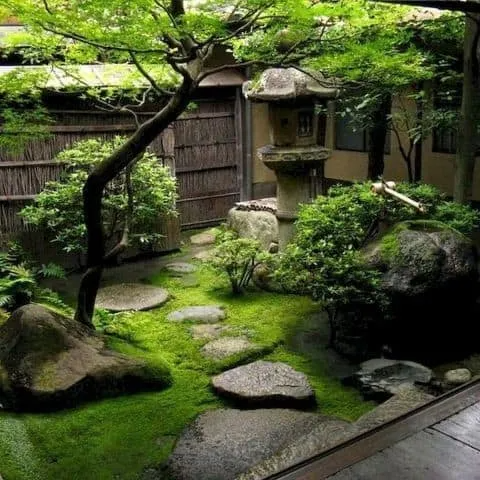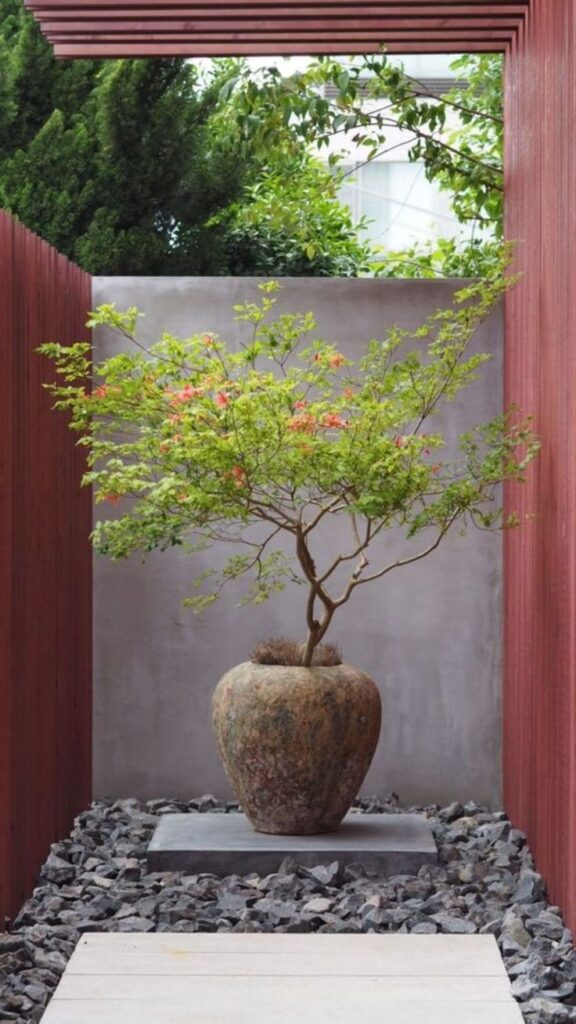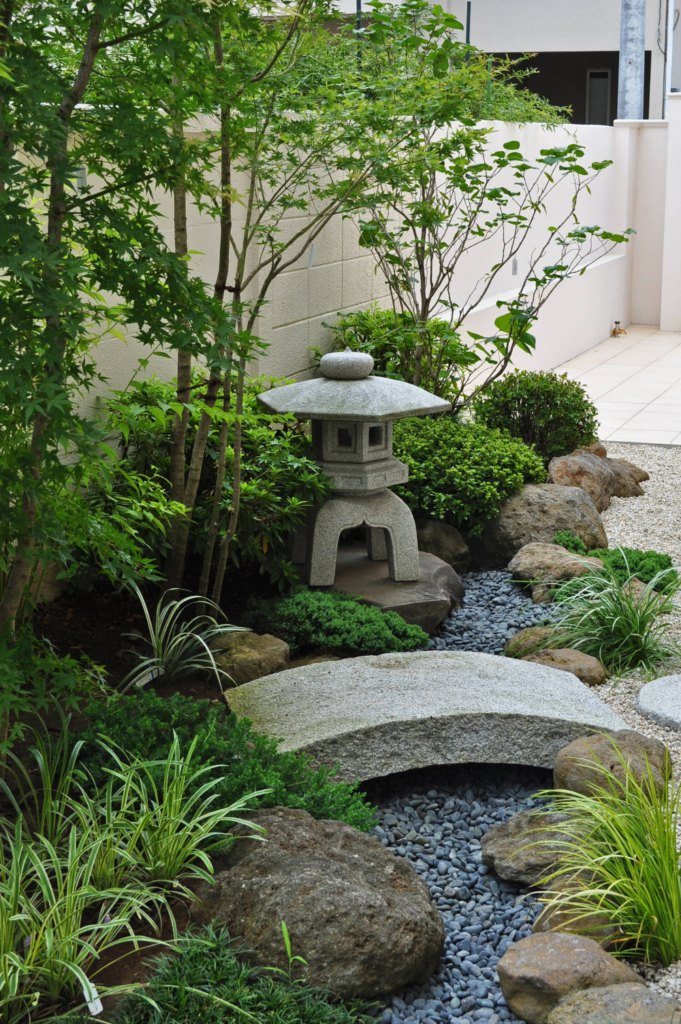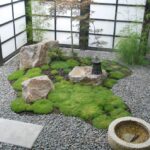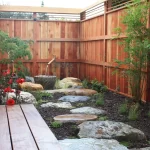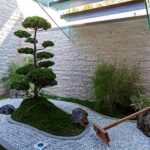Japanese Zen gardens, also known as “karesansui,” are a traditional Japanese form of garden design that dates back to the 14th century. These gardens are designed to promote meditation and contemplation, and are typically small, minimalist, and composed of gravel or sand, with carefully placed rocks and moss. The idea is to create a space that is serene and tranquil, allowing individuals to escape from the distractions of everyday life and focus on their inner thoughts and emotions.
One of the key elements of a Japanese Zen garden is the use of rocks and stones, which are carefully placed to symbolize mountains, islands, or other natural formations. The arrangement of these rocks is meant to create a sense of harmony and balance within the garden, and to represent the beauty and simplicity of nature. In addition to rocks, sand or gravel is often raked into patterns to represent flowing water, creating a sense of movement and fluidity within the garden.
Moss is another common element in Japanese Zen gardens, as it symbolizes age and endurance, and adds a sense of lushness and tranquility to the garden. Moss is typically grown in small patches around rocks or in between gravel, adding a touch of green to the otherwise minimalist design. The overall effect is a garden that is both calming and visually striking, with each element carefully chosen and placed to create a sense of balance and harmony.
While Japanese Zen gardens are often associated with larger temple complexes, they can also be found in private homes and public spaces as well. A small Japanese Zen garden can be a wonderful addition to any outdoor space, providing a peaceful retreat for meditation, relaxation, or simply enjoying the beauty of nature. These gardens are relatively easy to create and maintain, requiring only a few basic materials and a willingness to spend time raking and arranging the elements to create a sense of peace and tranquility.
In addition to their aesthetic beauty, Japanese Zen gardens also have a deeper spiritual significance. The act of raking the sand or gravel in these gardens is a meditative practice in itself, requiring concentration, focus, and attention to detail. By spending time in a Japanese Zen garden, individuals can cultivate mindfulness and inner peace, gaining a deeper understanding of themselves and their place in the world. Ultimately, small Japanese Zen gardens serve as a reminder to slow down, appreciate the present moment, and find peace and serenity in the midst of a busy and chaotic world.
